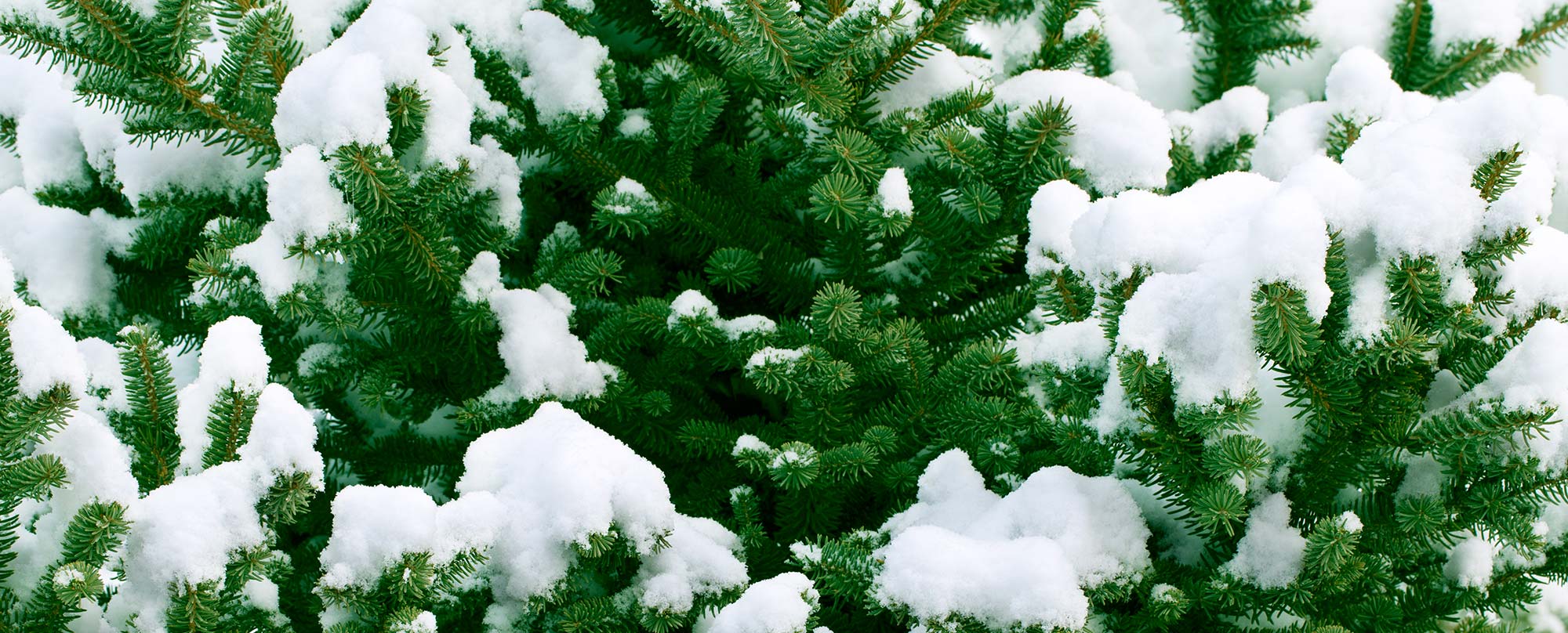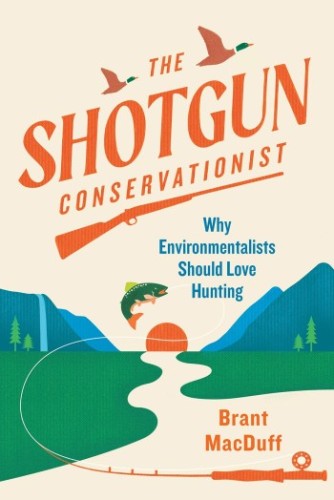by Brant MacDuff
Timber Press, 2023
As a young woman and Asian American urbanite, I defy almost every expectation of who an American hunter should be. So I was both captivated and inspired by Brant MacDuff’s nonfiction book The Shotgun Conservationist: Why Environmentalists Should Love Hunting, which introduces non-hunters to the often-overlooked ecological benefits of regulated hunting. Interwoven through thoughtful analyses of historical laws and funding systems are Macduff’s own thought-provoking accounts of how he transformed from a staunch anti-hunter to a hunter, taxidermist, and public speaker – one who is dedicated to raising awareness of the hunting-conservation nexus.
I appreciated The Shotgun Conservationist’s combination of humility and humor. Much like my younger self, MacDuff admits that he was once “unable to, even momentarily, entertain the thought that there might be anything else at play in the mind of a hunter beyond a monstrous desire to kill.” He immerses readers in his emotional experience of realizing where most grocery store meat comes from, working as a butcher to try to convince himself of the cruelty of meat consumption, and upon failure, learning to hunt to connect to the roots of his food. As a non-hunter, I was surprised that MacDuff’s story resonated so instantly with me. However, I recognize now that his choice to highlight people’s shared appreciation of the outdoors – notwithstanding their demographic or ideological background – is a powerful unifier.
Regardless of the reader’s familiarity with hunting, The Shotgun Conservationist strikes an appealing balance between education and storytelling. I enjoyed reading about the nuances of bag limits for various wildlife species and states, the real meaning of popularized hunting euphemisms (apparently, I’ve been using the word catch incorrectly all along), and even the amusing tactics of aspiring turkey hunters. MacDuff’s lessons are informative but, happily, don’t read like a textbook. I emerged with a guide for how to dip my toes into hunting, and a greater appreciation for the systems that allow widespread conservation to persist.
I especially admired MacDuff’s openness – both his respect for contrasting perspectives and his willingness to be vulnerable about his own background. His identification as a left-leaning trans man suggests to readers that hunting is more inclusive than it seems – a message that, while I wish wasn’t necessary, may paint a slightly less charged picture of the average American hunter. And knowing that many of his readers may not instantly buy a gun upon reading his book, he proposes several meat-sourcing alternatives that are more environmentally conscious than conventional diets often are.
Fostering healthy dialogue between non-hunters and hunters can be difficult, and therefore disheartening, but MacDuff embraces the challenge with welcoming arms:
Can we out-think our emotions or politics? I’m generally inclined to say no. But I was able to change my mind about something I never thought I could, let alone would. So at the very least, I know it’s possible.
Although I have yet to sign up for a hunter’s ed course, I finally understand why so many people do.


